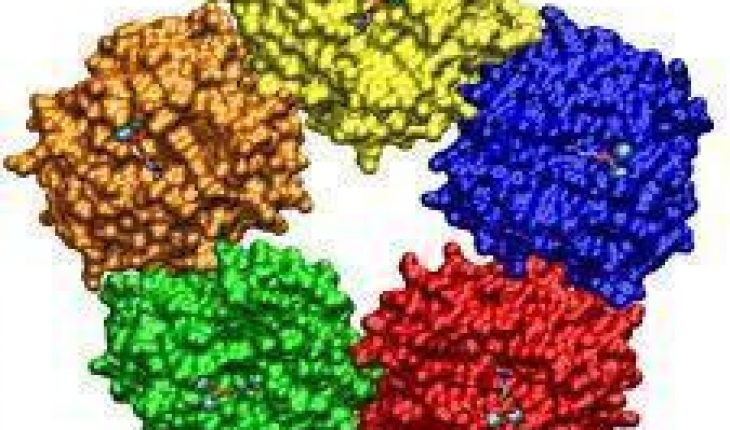Tillett and Francis in 1930 discovered C reactive protein. It was observed in the serum of patients experiencing acute inflammation that reacted with the C polysaccharide of pneumococcus (gram positive bacteria responsible for pneumonia). C reactive protein (CRP) was however found to be made in the liver and is a type of pentraxin protein (a family of proteins involved in acute immune response). C reactive protein gives a positive acute phase reaction, meaning it increases its levels in plasma or the bloodstream during inflammatory reactions. The levels of C reactive protein increase to destroy and or inhibit the growth of microbes.
C reactive protein is a positive acute phase protein and raises on site of inflammation due to an increase of Interleukin -6 (IL-6) which is also a protein released during the inflammatory response. The function of C reactive protein is to bind to phosphocholine on microbes by assisting complement proteins in binding strange or damaged cells. CRP also enhances phagocytosis (destruction of cells) by macrophages.
C reactive protein and its role in disease
- Since CRP is produced in the liver then liver failure will decrease its production. Its levels in serum are increased in inflammation.
- A high sensitivity CRP test (hs- CRP) measures the levels of CRP in the blood. This test is used to test for risk factors to certain disease and can also predict the recurrence of certain diseases such as cardiovascular or heart diseases.
- Normal CRP levels in serum which is less than 10 mg/L,may increase slightly with age.
- Slight inflammation and mild viral infections have a range of 10 to 40 mg/L
- Bacterial infections -40 to 200 mg/L
- Severe bacterial infections – greater 200 mg/L
Cardiovascular or heart disease
Though CRP levels increase in inflammation, the source of that inflammation could be one of many factors in the body. It is thought that your CRP level does not definitively diagnose cardiovascular or heart disease, but within a certain range, they can predict your risk of exposure to the disease and the risk of recurrence of some of these diseases.
The higher your levels of CRP the greater your risk of developing a heart attack. It is always best to do your high sensitivity CRP test if you think you may be at risk for cardiovascular or heart disease. The results will determine your risk and if necessary your path to a lifestyle change.
- Patients with a CRP plasma or serum level of less than 1.0mg/L have a low risk of developing cardiovascular disease.
- Patients with a CRP plasma or serum level of between 1.0 and 3.0 mg/L have an average risk of developing cardiovascular disease.
- Patients with a CRP plasma or serum level of greater than 3.0mg/L have a high risk of developing cardiovascular disease.
Cigarette smoking, poor diet and lack of exercise all contribute to heart disease and it is recommended that if one or more of the practices are a part of your everyday regimen you should reduce them to lower your risk. Consult your physician to determine what medications may also aid you in your process.





